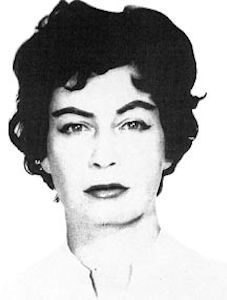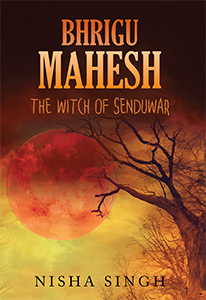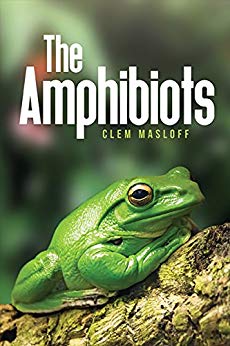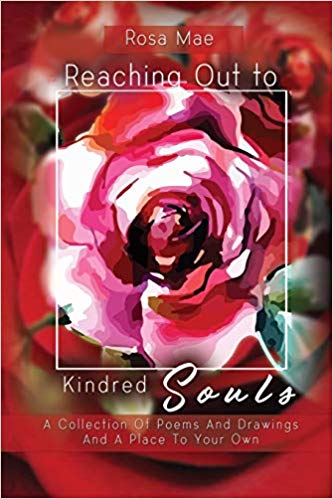EXPLOSION IN THE CATHEDRAL
The Fire’s Journey: Part III: The Cathedral’s Work
By Eunice Odio
Translated by Keith Ekiss with Sonia P. Ticas and Mauricio Espinoza
Tavern Books
A review by Christopher Bernard
Eunice Odio, considered by many to be Costa Rica’s greatest twentieth-century poet, spent most of her life in Mexico City and published volumes of poetry as well as essays and short fiction; her most important work being El tránsito de fuego, “The Fire’s Journey,” which (and in particular the third part under review) brings to my mind, along with the psychological themes of C.G. Jung, the prophetic books of William Blake, with their wealth of creative mythology, epic dimensions, obscure allusiveness, complex rhetoric and intellectual demands, and even some of their political implications. The poem thus far (the concluding part four is slated for future release) has been brought into frequently brilliant English by Odio’s translator, the poet Keith Ekiss, with help from Sonia P. Ticas and Mauricio Espinoza – we are in their debt for bringing so much of the work of this poet finally to the attention of anglophone readers.
The third part of Odio’s monumental epic of creation of self and world can be read (thanks to the translator’s helpful introduction) without having read the first two, “Integration of the Parents” and “Creation of Myself.” But it would be disingenuous not to recommend doing so; a little homework in this regard can go a long way to warming the reader to the poet’s unique symbolic vocabulary, her rhetorical leaps and rapid shifts, and often elliptical lyrical flights. We enter a forest, with few paths opened for us, and dense with meanings, some of a deceptive clarity and simplicity, many evocatively obscure, under a skyscape of clouds and twilight and peopled by often only half-seen characters, of misty outlines and gigantic presence, forcefully symbolic, willful, fierce, like figures in a dream whose demands leave us unable either to wake up or sleep on.
I won’t pretend this part is as easy to take in as the earlier ones. Despite the cascades of brilliant details that illuminate every page, the poem can seem willfully obscure and confusing on first reading, though it unlocks its meanings less reluctantly upon reacquaintance.
The epic’s first two parts brought us the chaos and void of the beginning of all things, the cloudy retort of the void and the womb, followed by the creation of the poem’s central character, a poet, god, creator and sufferer named Ion, named after the complex figure from Greek mythology of notoriously ambiguous identity and birth.
Part three, “The Cathedral’s Work” (itself divided into three parts: “All Things Created,” “Opposite Dreams” [though “Opposing Dreams” might have made its contents plainer] and “The Cathedral’s Work”) throws us into a world that is in some obscure sense Ion’s responsibility: he partly creates, or at least assembles it, even as he is created by it. He (for Ion is definitely male) is called on by various members of the world to provide them with essential things: a horse, a bird, a stone; from the stone a column, a vault, a wall, an apse; in the end a cathedral.
Ion is at once namer of the world (for from his words beings come) and dreamer of the world:
4th MAN
Who is the man who sleeps?
5th MAN
A vagabond flung on the morning,
who else could he be?
6th MAN
Who is this ragged man?
7th MAN
I know the one who sleeps
3rd MAN
You know the one who lies asleep?
7th MAN
He is the maker of all things
Ion works in Gemini-like tandem with an older brother figure, introduced in part two, with whom he has a conflicted but essential relationship, Daedalus, named after the Greek inventor and builder of Minos’ famed labyrinth and the wings by which he and his son Icarus flew, escaping Crete – the “patron saint” of technology and distant, troubling father of Silicon Valley.
Various, obscure figures appear throughout the book – appear and usually disappear, never to be heard from again, at least in part three: for example, Gune and Andros (female and male humans) who open this part of the poem by asking Ion to help them, in their endless labor on the earth, by providing them with
A beast of uncontainable body—
an animal that’s gentle within
like a tree’s orbit in its shadow
firm outside
fully born in all its extremities
ivory hooves, curved and narrow
the voice long
reaching the pastoral stars without faltering;
hills and laborers hear it up high
all throughout
our afternoon
And Ion sends Daedalus to search and capture a creature that will meet their needs, and Daedalus goes forth and steals a horse:
. . . a flash, long as God’s syllables
and strong as day.
. . .
. . . so male, so transparently young
so exactly the heat of my thought.
. . .
The horse is truth.
There is a companion and helpmate in creation named Arkhos (his name based on the Greek root meaning “in the beginning,” although he appears to be a “son” of Ion).
There is Shed – a woman, though something like a female principle, a Jungian “anima” figure, who craves of Ion the knowledge of “what she wants.” There is Nebo the Seer, and a chorus of children, and a group of unnamed men (alluded to above) who demand to see the “bird” Ion has created from the word “bird” (“pajaro” in Spanish), then use the “stone,” which Ion found with Daedalus’s help, to kill it.
And there are many others, some only mentioned, others appearing and speaking: the father of Ion, Odon, as well as other sons of Odon, including Thauma (ancient Greek for marvel or wonder) and Logos (Greek for reason or “the Word,” as it appears in the opening lines of the Gospel According to John).
The relationship between Ion and these creatures remains tantalizingly ambiguous: are they separate creations (as it would seem at least some of them must be) or were they in some sense willed into creation by Ion? Ion himself does not seem to know: we may be in the presence of a god whose unconscious is as willful, wayward, yet fruitful, as the unconscious impulses of human beings. He calls himself “pluranimous” and, at one point, “possessed,” as by demons: “The Name of the Word is Legion”: he is single yet plural, one yet many, his many parts in conflict; a crowd of loneliness.
The climax of the poem is the creation of the Cathedral – a work of worship, containment and illumination for the spirit – but which is contaminated by a demonic presence (perhaps Ion’s “shadow,” to use the Jungian term) and must be demolished stone by stone, then rebuilt into its intended splendor in part three’s closing pages:
The sky pauses when you pass by, pure
unpredictable presence of the air, Cathedral,
capital of the heights, a straight delirious flower.
The sky pauses
when you pass by, as you become visible ecstasy
. . .
Oh, Cathedral, oh palace of flight!
Oh, edifice on its journey through dawn!
_____
Christopher Bernard is co-editor and poetry editor of Caveat Lector. He writes on dance, drama, and art for Synchronized Chaos. His most recent book is the poetry collection Chien Lunatique.







